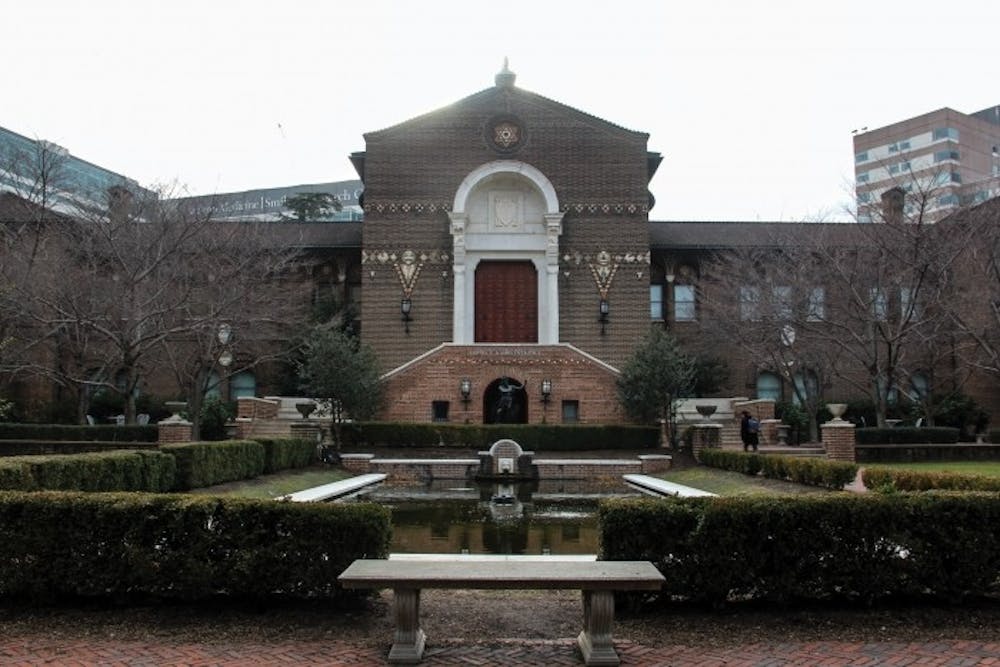
Longtime Penn professor and notable archaeologist Harold L. Dibble died of neuroendocrine cancer at the University of Pennsylvania hospital on June 10.
Dibble was the Francis E. Johnston Term Professor of Anthropology as well as the Curator-in-Charge of the European Archaeology Section at the Penn Museum. He taught several high-level anthropology classes, such as Quantitative Analysis of Anthropological Data.
Dibble was known for leading a range of high-profile excavations, including one in 2010 where his team discovered the 108,000-year-old skeleton of the "world's oldest child," reported the Philadelphia Inquirer.
“He was well-known for his discoveries, but what made him most famous were his methods that have become ingrained in everyday archaeological sites,” said Dibble's son, Flint, to the Inquirer.
Penn anthropology professor Deborah Olszewski agreed, adding that Dibble was one of few archaeologists who had skills in computer science.
In the 1990s, Dibble created a computer program called "NewPlot" that maps artifacts found during excavations with 3D imaging. The program has been adopted by archaeological teams across the world.
“Harold was one of the rare individuals in the archaeology field who could write his own code,” Olszewski said to the Inquirer. “Many of us still use his programs today.”
More recently, Dibble had been leading a project at Penn to create and refine a robot called "Super Igor" that could more precisely pinpoint how early humans made stone tools. The use of this machine allowed Dibble and his lab to conduct more controlled experiments to understand more accurately how stone tools were made.
The professor explained in an interview with Penn Today in April: "We found a lot of things people hadn’t realized were happening. It’s like any complex motor skill; you may think you know what you’re doing but it’s so internalized. You do it without thinking."
Dibble is survived by his wife, two sons, and sister.
The HELP Line: 215-898-HELP
Counseling and Psychological Services: 215-898-7021 (is active 24/7)
University Chaplain’s Office: 215-898-8456
Student Health Service: 215-746-3535
Office of the Vice Provost for University Life: 215-898-6081
Reach-A-Peer Helpline: 215-573-2727 (helpline available every night from 9 p.m. to 1 a.m.) | 215-515-7332 (texting service available 24/7) | Letter-writing service
The Daily Pennsylvanian is an independent, student-run newspaper. Please consider making a donation to support the coverage that shapes the University. Your generosity ensures a future of strong journalism at Penn.
Donate







